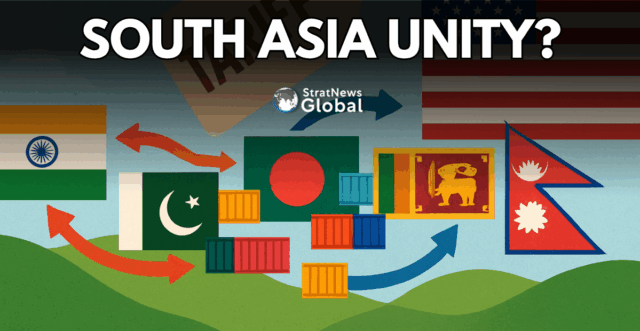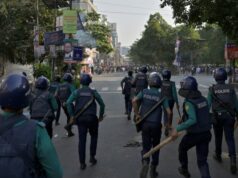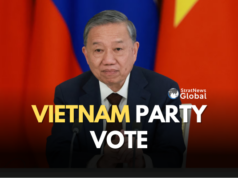Trade experts in South Asia have called for greater regional cooperation and revival of agreements such as the South Asian Free Trade Agreement (SAFTA) to mitigate the impact of new U.S. tariffs announced by President Donald Trump.
At a seminar organised by the Centre for Social and Economic Progress (CSEP), panellists noted that Trump’s tariffs have shaken export-dependent economies across South Asia, and the World Uncertainty Index has spiked in response.
India was hit the hardest, facing a 50% tariff rate, including an additional 25% penalty for continuing oil purchases from Russia. Bangladesh and Sri Lanka face 20% tariffs, while Pakistan was subjected to 19%. Nepal, however, emerged comparatively better off, with a 10% tariff that panellists said gives it an advantage over its neighbours.
Despite this uneven impact, speakers emphasised the need for diversification and cooperation. Vaqar Ahmed, a Pakistani economist, pointed to earlier phases of SAARC cooperation, noting that even minimal intra-regional trade had delivered substantial gains. Pakistan is pursuing tariff reforms through a new national policy aimed at reducing maximum customs duties and enhancing competitiveness, Ahmed added.
Sanjay Kathuria, Visiting Fellow at CSEP, who moderated the discussion, cited India-China trade as an example. observing that despite political strains, economic engagement had thrived, he asked: “Why can’t the rest of South Asia follow that same example?”
Bangladesh’s Mustafizur Rehman, Distinguished Fellow at the Centre for Policy Dialogue, stressed the importance of regional supply chains, marketing integration, and mutual recognition agreements. Subhashini Abeysinghe, Research Director at Verité Research in Sri Lanka, urged diversification beyond traditional sectors like textiles and beyond reliance on the U.S. market.
From Nepal, Paras Kharel, Executive Director at South Asia Watch on Trade, Economics and Environment, warned that while low tariffs provide short-term advantages, over-reliance on a narrow export basket could increase vulnerability in the future.
For India, TG Srinivasan, Visiting Fellow at CSEP, recommended negotiating deeper free trade agreements and liberalising the domestic market, rather than relying solely on simple FTAs.
Other suggestions from the panel included diversifying export products and reinforcing multilateral trade systems such as the World Trade Organization (WTO).
The discussion highlighted that while South Asian countries grapple with U.S. tariff pressures, analysts see regional economic cooperation as a potential buffer against global trade uncertainty.





